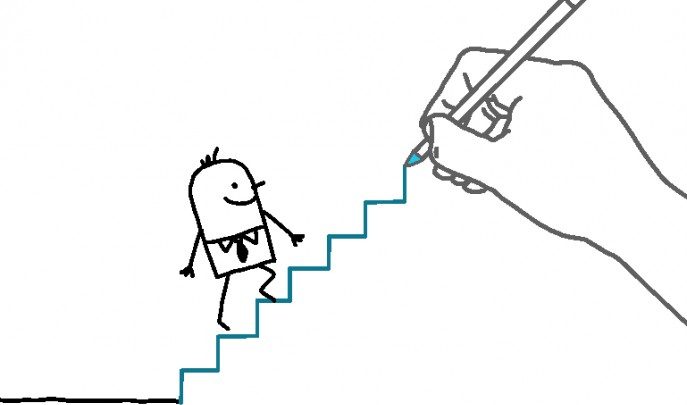What Makes A Good Secondary Form Tutor?

The waters may be troubled at times – but a great form tutor ensures that students can cross to where they need to be in safety and with confidence

- by Adam Riches

One of the most important yet under emphasised jobs in a school is that of a form tutor. This pivotal position is something that almost all teachers take on at some point – but what does it really involve? What are we supposed to do? And how can we be better at it?
This year my Year 11 form left for pastures new. Pupils moving on isn’t something that’s novel to me – it happens every year, of course – but this just wasn’t the same. You forget that you see them every morning for years…and then, this milestone arrives, and they are gone.
It has been a huge adjustment. The drama those young people generated over the years is literally unspeakable. Honestly, I doubt a day went by without something significant happening involving somebody or another in my form. But I wouldn’t have had it any other way.
Before they left I thought about what ‘my’ students would take away from our time together. Would they remember the hours of intervention? The tutorials? The preschool revision sessions? I didn’t know, so I asked them.
What surprised me was that it wasn’t any of those. The things they said took my breath away (a rare occurrence for me I must admit). One girl simply said, “I’m going to miss you asking how my day is. When I’m sad it really cheers me up.”
Another one wrote, “I will remember that time you gave me your pen for an exam and said it was blessed by a gypsy and I believed you.” The one that really got me was when a girl said, “You taught me it’s cool to be smart”.
For the first time in a long while I stopped and just thought about how important my job as a form tutor is. Yes, I follow the routines the school prescribes, and yes, we do the formal mentoring – but what pupils actually take away with them is the simple human connection.
Bringing it together
An effective form tutor to me is a bridge – a safe, secure link between home, school, and subject teachers.
To me, ‘form tutor’ is a formal title for the role of ‘school-parent’. Like the job of a parent, being a form tutor isn’t easy and equally it is a role which requires attention, emotion and adaption. Can I recite my whole form’s predicted GCSE grades off the top of my head? No. But what I can do is tell you how many brothers and sisters they have, what their hobbies are and most likely what their aspirations for life are.
What’s more important? Data and learning or familiarity? If you were to ask me the same question for a ‘regular lesson’ I would obviously answer with the first option – but as a form tutor I feel my role is so different.
I’m the one to whom parents want to talk before an exam because their child is worrying; I’m the one that a crying 15-year-old lad wants to pour his heart out to when his girlfriend decides their three-week relationship “isn’t going in the direction she wants”; and I am the one who listens to the serious disclosures that pupils in my form don’t feel comfortable enough speaking to ‘normal teachers’ about. And then carrying the emotional weight of passing the conversation up, as I must.
It’s not just the pupils that I find myself consoling and helping – oh no. Parents often need support too. Some people didn’t have a great time at school themselves, and don’t actually like talking to teachers.
As a form tutor I find myself the constant in parents’ lives. Each year teachers change, but most form tutors see their group through from start to finish. The rapport built up with the parents is something that I didn’t really consider at the start, but as the years with my group went on became increasingly apparent.
Yes, when you’re busy it’s sometimes a pain to contact the teachers of a pupil to let them know he/she hasn’t been sleeping well – but that might save a parent two or three weeks of worry. So your small investment of time can mean the world to both young person and carer.
Again, it’s about basic human understanding. Empathy is the key and once you realise that, I truly think you begin to become an effective form tutor.
Because in a world of spreadsheets, data and interventions, to be an effective form tutor all you really need is a bit of time and a bit of understanding.
Adam Riches has taught for five years. He is currently head of KS5 English language/whole school literacy coordinator at Northgate High School, Ipswich.









